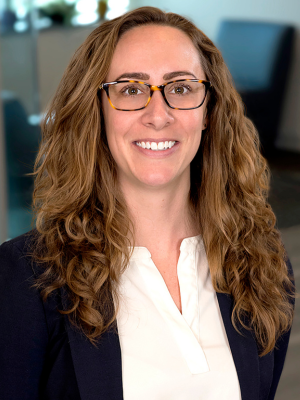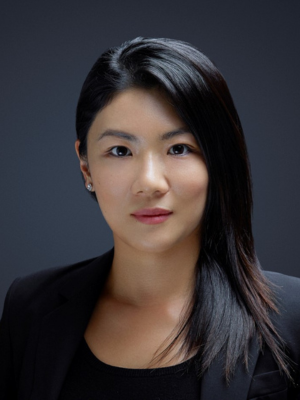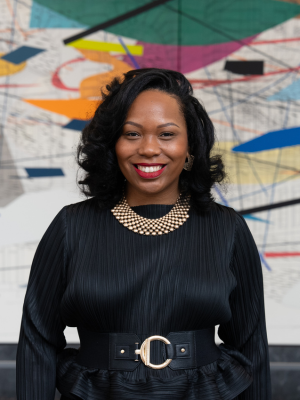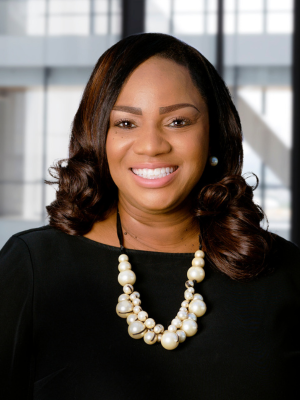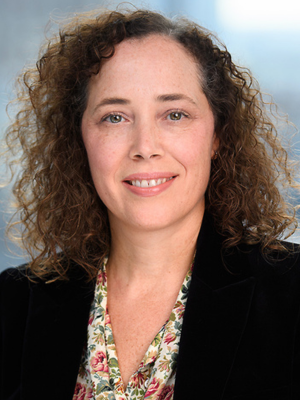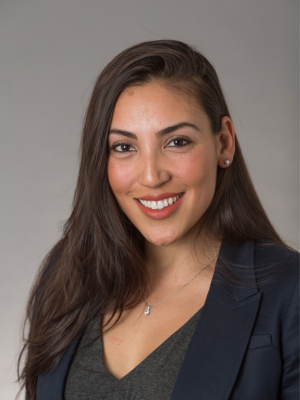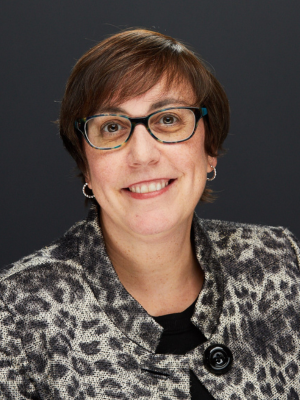 As today is Halloween, a time when we delight in confronting our fears, it’s worth reflecting on one fear that many leaders can find particularly daunting: asking for help. Much like navigating the eerie unknowns of a haunted house, the vulnerability tied to asking for help can be intimidating. The fear of appearing weak, of losing control, or of being judged can make the very thought of seeking assistance seem like an insurmountable challenge.
As today is Halloween, a time when we delight in confronting our fears, it’s worth reflecting on one fear that many leaders can find particularly daunting: asking for help. Much like navigating the eerie unknowns of a haunted house, the vulnerability tied to asking for help can be intimidating. The fear of appearing weak, of losing control, or of being judged can make the very thought of seeking assistance seem like an insurmountable challenge.
But just as Halloween encourages people to face their fears head-on, effective leadership requires confronting this deeply ingrained hesitation. Asking for help is not only necessary—it’s a powerful act of courage that enhances leadership by fostering trust, empowerment, and communication. The ability to embrace vulnerability does not make you less effective; in fact, it strengthens relationships, builds resilience, and opens opportunities for both personal and team growth. Leaders who embrace vulnerability by seeking support not only improve their own leadership effectiveness but also inspire others to do the same.
Why Is Asking for Help So Scary?
One of the main reasons asking for help is so difficult is that it requires vulnerability. Leaders are often expected to exude confidence and have all the answers, and admitting uncertainty can feel like stepping into the unknown—uncertain of what lies ahead. There is a deep-seated fear that showing vulnerability might erode credibility or cause others to question their capabilities. This fear is driven by societal expectations and an outdated view of leadership as a solo venture. However, in today’s collaborative work environments, leadership is about connecting, communicating, and being authentic. By confronting the fear of asking for help, you not only show that you are self-aware but also model the kind of openness and vulnerability that fosters a culture of trust and collaboration.
In fact, research shows that vulnerability is at the heart of effective leadership. In her book Dare to Lead, Brené Brown emphasizes that embracing vulnerability allows leaders to foster trust and deeper connections with their teams. Far from diminishing authority, showing vulnerability strengthens relationships and builds psychological safety.
The Value of Asking for Help
Facing the fear of vulnerability and seeking help has benefits for both leaders and their teams. By stepping into this space of openness, you create an environment where psychological safety can flourish. When people feel safe to express their thoughts, ask questions, and offer help without fear of judgment, creativity and innovation thrive. This sense of security begins with those who demonstrate that vulnerability is a strength, not a weakness.
- Modeling Vulnerability and Psychological Safety
When you ask for help, you send a powerful message to your teams: it’s okay not to have all the answers. This willingness to be open and seek input creates a culture of psychological safety, where team members feel comfortable sharing their own challenges, offering ideas, and seeking support. Amy Edmondson, a professor at Harvard Business School, has shown that psychological safety—where people feel safe to take risks and ask for help—drives higher team performance, creativity, and innovation. Leaders who model vulnerability create a space where others can speak up, admit mistakes, and contribute their best ideas. - Empowering the Team to Step Up
Asking for help isn’t just about lightening your load—it empowers the team to take on greater responsibilities. When you seek input or delegate tasks, you give team members the chance to step up and showcase their strengths. Research has found that empowering leadership boosts creativity and job satisfaction, as individuals feel more valued and engaged when they are trusted to contribute in meaningful ways. By asking for help, you give your team the opportunity to shine. - Building Trust and Strengthening Relationships
Trust is the foundation of strong teams, and it’s built through openness and mutual support. When you ask for help, you build trust by showing that you value the input and expertise of others. Research shows that authentic leadership—where vulnerability and transparency are key traits—is directly linked to trust within teams. The act of asking for help signals to team members that their contributions are important, deepening trust and strengthening the overall bond within the team. - Preventing Burnout
Leaders often carry significant responsibilities, juggling multiple priorities and making decisions that impact both their teams and the organization. Attempting to shoulder these burdens alone can lead to exhaustion and burnout. Asking for help—whether by delegating tasks, seeking advice, or simply admitting that additional support is needed—can prevent this. Sharing the load allows you to focus on strategic initiatives without becoming overwhelmed by day-to-day demands.
Who Can Leaders Turn to for Help?
You may wonder where to turn when you decide to face the fear and ask for help. There are several options, each providing unique support and insights.
1. Your Team, Peers, Mentors
While the importance of turning to your team has already been emphasized, it’s worth reiterating just how impactful it can be. Seeking help from team members not only fosters collaboration but also creates opportunities for them to step into leadership roles themselves, reinforcing a culture of trust and shared responsibility.
Beyond the team, peers and coworkers offer a fresh perspective. They understand the internal dynamics of the organization and can provide insights that help break through roadblocks. Collaborating with peers strengthens networks and promotes a culture where leadership is shared, not siloed.
Mentors, on the other hand, provide a broader, more seasoned viewpoint. Their experience allows them to guide you through challenges they’ve likely faced themselves, offering personalized advice. Mentorship is rooted in trust and respect, giving you the confidence to explore new paths, tackle difficult decisions, and grow with the support of someone who’s been there before.
2. Executive Coaches
Sometimes, asking for help means seeking guidance beyond your immediate circle. Executive coaching offers leaders a personalized approach to growth, providing one-on-one support that can transform both leadership skills and personal development. Coaches help you ask the tough questions, explore vulnerabilities, and create customized plans for improvement. This tailored guidance accelerates growth and empowers you to make informed decisions, overcome obstacles, and advance more quickly.
By seeking help from a coach, you not only invest in your own development but also model the value of vulnerability and continuous learning for your team. It’s a proactive step toward long-term success. If you are ready to take that step, consider an exploratory coaching chat with Evolved People Coaching, the leadership coaching arm of theglasshammer.com. You can book that session here.
How to Make the Ask
Asking for help, while daunting, can be done thoughtfully and effectively. Here are a few strategies to make the ask easier:
- Be Clear and Use the SMART Approach: An acronym for specific, measurable, achievable, relevant and time-bound, being SMART when approaching someone for help lends clarity to the kind of support that is needed. Not only will the conversation be more productive, but having a framework for the ask can help alleviate any anxieties about imposing on someone’s time and attention.
- Frame It as Collaboration: Asking for help doesn’t need to feel one-sided. By framing the request as an opportunity for collaboration, you create a more balanced exchange. For example, instead of saying, “I don’t know how to do this,” try “I’d love to get your perspective on this challenge.”
- Show Gratitude: After asking for help, acknowledging the time and effort others put in is crucial. Expressing gratitude not only strengthens relationships but also encourages future collaboration.
- Be Open to Feedback: When asking for help, it’s important to remain open to different ideas and solutions. Embracing diverse perspectives can lead to more creative and effective outcomes.
Embracing Vulnerability for Stronger Leadership
Asking for help is a powerful leadership tool as stepping into vulnerability allows you to grow and strengthen your teams. By seeking support from coworkers, teams, mentors, and executive coaches, you can foster a culture of collaboration, trust, and mutual empowerment. Far from diminishing leadership, asking for help demonstrates the courage to evolve—both as a leader and as a person. By learning to embrace vulnerability, you build stronger connections, create more resilient teams, and lead with authenticity.
By Jessica Robaire

